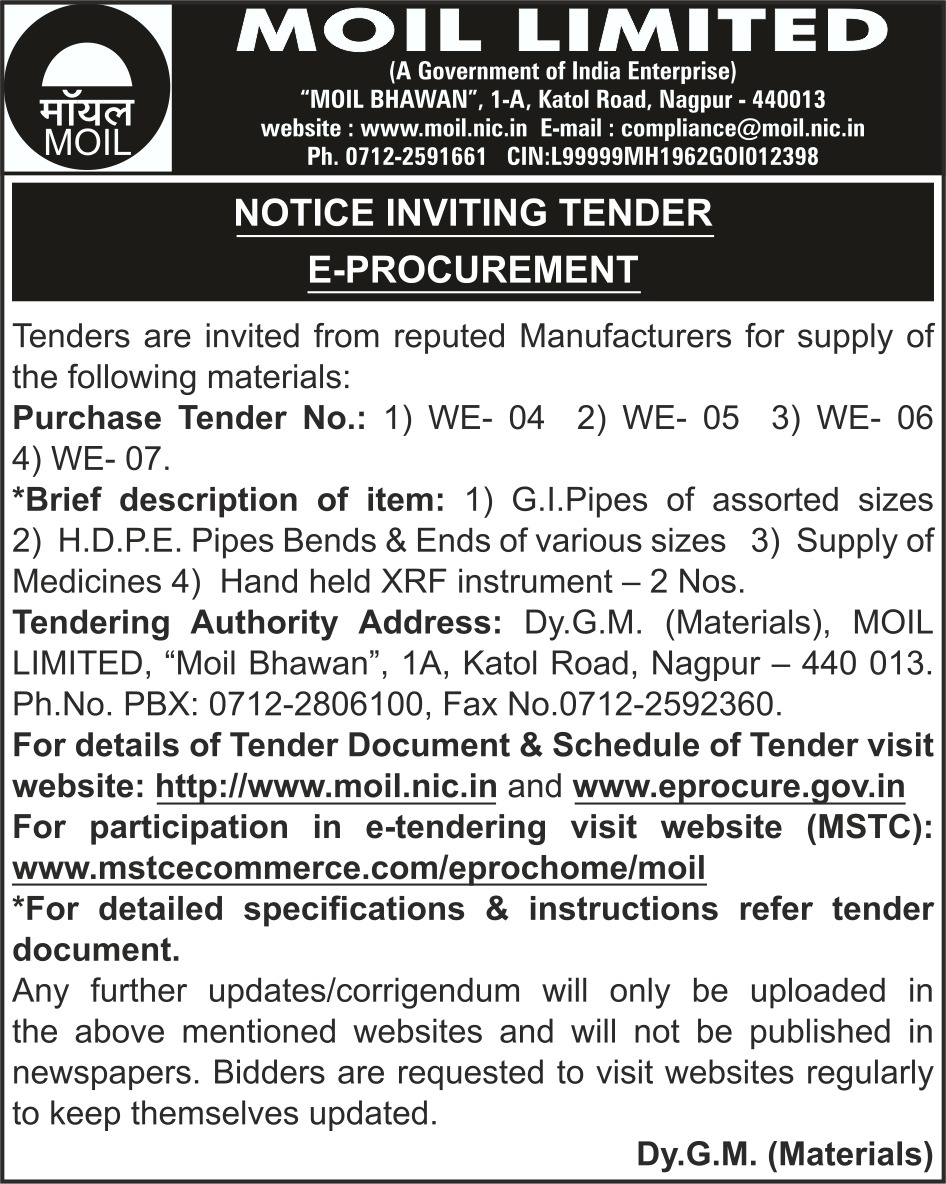A revised government advisory has recommended the use of hydroxychloroquine as a preventive medication for asymptomatic healthcare workers working in non-COVID-19 hospitals, frontline staff on surveillance duty in containment zones, and paramilitary/police personnel involved in coronavirus infection-related activities.
The recommendation was made after the Joint Monitoring Group under the Chairmanship of Directorate General of Health Services (DGHS) and including represents tips from AIIMS, ICMR, National Centre for Disease Control, National Disaster Management Authority.
ICMR studied on prophylaxis of SARS-CoV-2 infection and found a retrospective case-control analysis that there is a significant dose-response relationship between the number of prophylactic doses taken and frequency of occurrence of SARS-CoV-2 infection in symptomatic healthcare workers who were tested for SARS-CoV-2 infection.
Another investigation from 3 central government hospitals in New Delhi indicates that amongst healthcare workers involved in COVID-19 care, those on HCQ prophylaxis were less likely to develop SARS-CoV-2 infection, compared to those who were not on it. The benefit was less pronounced in healthcare workers caring for a general patient population.
An observational prospective study of 334 healthcare workers at AIIMS, out of which 248 took HCQ prophylaxis (median 6 weeks of follow up) in New Delhi also showed that those taking HCQ prophylaxis had a lower incidence of SARS-CoV-2 infection than those not taking it.

While following the above recommendations, it should be noted that:
1) The drug has to be given under strict medical supervision with informed consent.
2) The drug has to be given only on the prescription of a registered medical practitioner.
3) Advised to consult with a physician for any adverse event or potential drug interaction before initiation of medication. The contraindications mentioned in the recommendations should strictly be followed.
4) Health care workers and other frontline workers on HCQ should be advised to use PPE. Frontline workers should use PPEs in accordance with the guidelines issued by this Ministry
5) They should be advised to consult their physician (within their hospital/surveillance team/security organization) for any adverse event or potential drug interaction before initiation of medication. The prophylactic use of HCQ to be coupled with the pharmacovigilance for adverse drug reactions through self-reporting using the Pharmacovigilance Program of India (PvPI)
6) If anyone becomes symptomatic while on prophylaxis, he/she should immediately contact the health facility, get tested as per national guidelines, and follow the standard treatment protocol. Apart from the symptoms of COVID-19 (fever, cough, breathing difficulty), if the person on chemoprophylaxis develops any other symptoms, he should immediately seek medical treatment from the prescribing medical practitioner.
7) All asymptomatic contacts of laboratory-confirmed cases should remain in home quarantine as per the National guidelines, even if they are on prophylactic therapy.
8) Simultaneously, proof of concept and pharmacokinetics studies should be continued/ taken up expeditiously. Findings from these studies and other new evidence will guide any change further in the recommendation.
9) They should follow all prescribed public health measures such as frequent washing of hands, respiratory etiquettes, keeping a distance of minimum 1meter, and use of Personal protective gear (wherever applicable).
👉 Click here to read the latest Gujarat news on TheLiveAhmedabad.com




